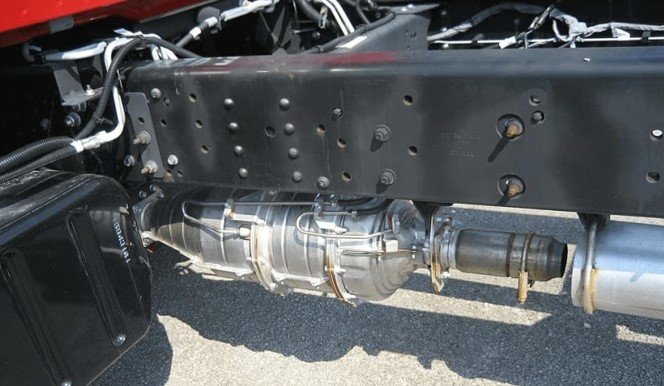Two faulty Jeeps teach lessons on how car buyers can ‘reject’ faulty vehicles
ANALYSIS: On October 4, Canterbury man Michael Henry returned a faulty 2011 Jeep Cherokee to the dealer who sold it to him for $27,782 just under five months earlier.
“He has not seen the vehicle again,” Motor Vehicle Disputes Tribunal adjudicator DM Jackson recorded in a decision published in late March.
Henry’s car was not repaired until February 8, the day before the tribunal was to hear Henry’s request to be allowed to “reject” the Jeep, Jackson said.
Under the Consumer Guarantees Act, buyers have legal protections when they buy vehicles from dealers, which ensure that those vehicles are of acceptable quality, cases before the tribunal have established.
READ MORE:
* Auckland dealer Sincere Traders must pay $10k for selling rusty Hilux
* No refund for Auckland man after 2015 Jaguar suffers unexplained engine damage
* Auckland woman loses fight for compensation over problem-plagued Mini Cooper
If a dealer sells someone a car that’s not of acceptable quality, they can demand the dealer who sold it to them repair it, which the dealer must do within a reasonable timeframe.
If the dealer fails to do so, or if the defects in a vehicle are sufficiently serious, a buyer can reject a vehicle.
Rejections often lead to hearings before the tribunal, which is frequently asked by car buyers to rule they can reject vehicles dealers refuse to take back.
DAMIEN O’CARROLL/IMAGES SUPPLIED
These are the most expensive used cars sold at auction. They are very special used cars though…
After a rejection, a dealer must refund the buyer. The dealer also becomes responsible for clearing any loan they took out to buy the rejected vehicle.
Jackson found it was not New Zealand Car Canterbury’s fault the repair took so long. A part needed to be sourced from the United States by the mechanic it had hired for the fix, and it took an age to come.
Long before it arrived, Henry had given up on the car, telling the dealer in late October he was rejecting it.
Jackson ruled that the rejection was reasonable.
“I find that there is a real possibility that the defect was present at the time of purchase,” he said.
“A four-month delay is unacceptable and plainly so,” he said.
Other rejection decisions in March showed some of the other workings of the rejections process.
One of those cases involved a faulty Jeep Cherokee, this time one that cost of $12,000, that had been bought by Tauranga company At Home Property Management, by its director Gregory Young.
Young bought the car at Glenfield Wholesale in Auckland in October, but driving it home, tribunal adjudicator B Carter recorded: “The steering wheel shuddered and the vehicle’s body “wobbled” at speeds above 90 km/h.”
The dealer told him he might not be used to driving a four-wheel drive, but the real problem, Carter ruled, was that the back axle of the Jeep was bent.
The dealer argued At Home Property Management had contracted out of the Consumer Guarantees Act.
supplied
Thousands of cars have been written-off in recent flooding. Prices for used cars are rising.
While individuals cannot contract out of the act, which is designed to protect consumers, companies can.
But Carter found that was not enforceable in this case.
While businesses could contract out, the Consumer Guarantees Act required certain conditions to be met, including that both parties were able to negotiate, and that the agreement was fair, Carter said.
Despite that, Carter ruled the dealer should be given the chance to fix the car.
Some people ask the tribunal to let them reject cars after lengthy periods of time have passed.
Also in March was the case of a woman who sought to reject a 2013 Mazda CX-5 in 2023, despite her having bough the car in 2019, and driven it for around 30,000km.
She wanted to reject it after repair bills mounted as parts on the car failed.
But tribunal adjudicator Jason McHerron said: “It is well settled under the [Consumer Guarantees] Act that a consumer must give the trader an opportunity to remedy the failure first, if they wish to claim against a trader in respect of a non-substantial breach of the acceptable quality guarantee.”
The fact that the buyer’s rejection of the vehicle was not communicated to the trader until approximately three years after the date of purchase meant she lost any right of rejection, McHerron said.







